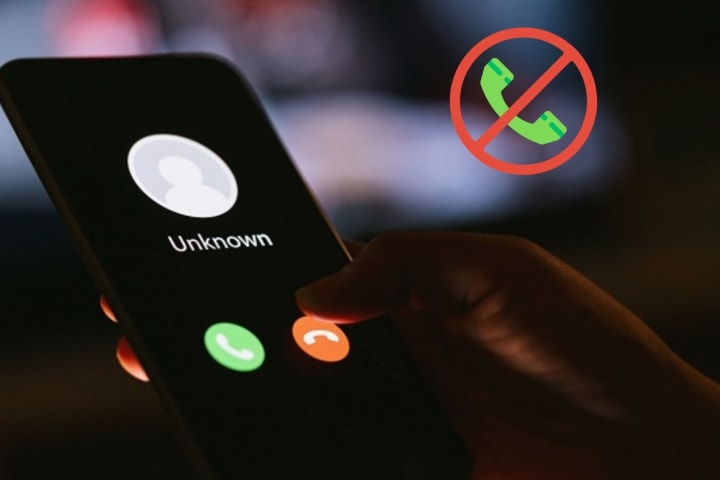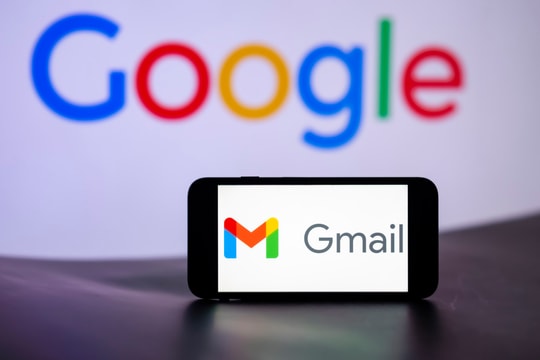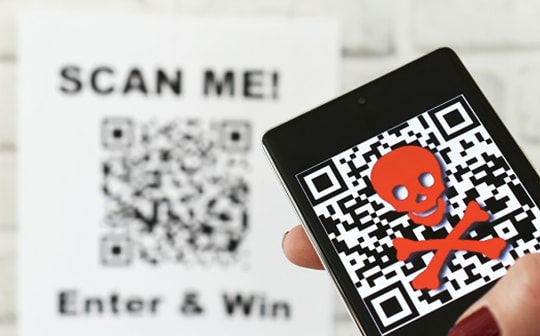Beware of scams with fake text messages and calls
Nowadays, scams through fake text messages and calls are becoming more and more common. Just a little bit of carelessness, anyone can become a victim of cybercrime.
Recently, the US Federal Bureau of Investigation (FBI) has issued a warning about a new sophisticated scam that is spreading, with malicious applications as "weapons" to steal the finances of a series of victims.
“It starts with an unwanted text message,” the FBI said in a newly released warning. “And ends with you losing your life savings.”

The scammers don't need to break into a computer or phone; the victims open the door themselves, through a "legitimate" app that they install themselves following instructions from someone claiming to be a technician, police officer, or bank employee.
Fraud scenarios are not uncommon but many people still fall into the trap.
Attackers often reach out to users with a text message, email, or pop-up window warning them of unusual activity on their bank account. The message may say that your account is being hacked, or that an unusual transaction has just been made. The common thread is that they all ask you to call a tech support number immediately.
When you call, an “agent” will confirm the risk and ask you to install an app to “verify the device.” This app is often remote access software that will give the scammer control of your device.
You will then be “instructed” to check your bank account. But in reality, this action helps cybercriminals see how much money you have, in which bank, from which the next step is to transfer the money to a “safe account”, usually a cryptocurrency wallet under their control.
As a result, your account is drained, and the real “hackers” are the people you just talked to on the phone.
Fraud is becoming more and more sophisticated and widespread.
These types of scams are on the rise, with many complex variations. Some cases have even seen scammers spoofing government phone numbers to increase their credibility.
The FBI warns: “If someone you don't know contacts you and asks you to install software, regardless of what agency they say they work for, do not do it.”
Nowadays, cybercriminals are impersonating agencies such as the police, electricity companies or courts to commit fraud. Accordingly, you will receive text messages informing you of traffic fines, unpaid electricity bills, or even being threatened with arrest for being involved in a certain criminal network.

The messages often include a link or phone number. When users call, they fall into the trap, being led to install the app and “transfer money to avoid consequences”.
Not only stopping at the application, current scams also include physical access tricks. In France and some European countries, after obtaining the victim's information, the scammer will send someone to the house, pretending to be a bank employee to collect the bank card "need to be replaced".
“Criminals may ask you to cut up the card but avoid damaging the chip. Then they can still use the card. In some cases, they will give you a fake card instead, so the victim will not know that the real card is missing,” warns one bank.
These “employees” even wear fake ID cards, bank uniforms or have professional name tags to create trust.
AI and deepfake: New weapons for cybercriminals
The FBI and banks have warned that criminals are using artificial intelligence (AI) to increase the authenticity of scams. Emails, documents, and even voices are being created using deepfake technology to convince victims.
For example, some cases have recorded people receiving warning letters with red seals and forms that are so “realistic” that even real bank employees have difficulty distinguishing them at a glance.
This makes it no longer enough to simply check the sender’s phone number or email. Victims need to call back the official hotline (found on the official website or app), never hold the original call.
Bank of America emphasizes: “We will never email, call, text, or visit your home to ask for personal or account information. Never click on links or download attachments from strangers.”
The same message is also being strongly communicated by major banks and technology companies such as Apple, Microsoft, and Google.
In today's digital world, where cybercriminals can impersonate anyone from bank employees to authorities such as police and courts, your vigilance is the last and most important line of defense./.





